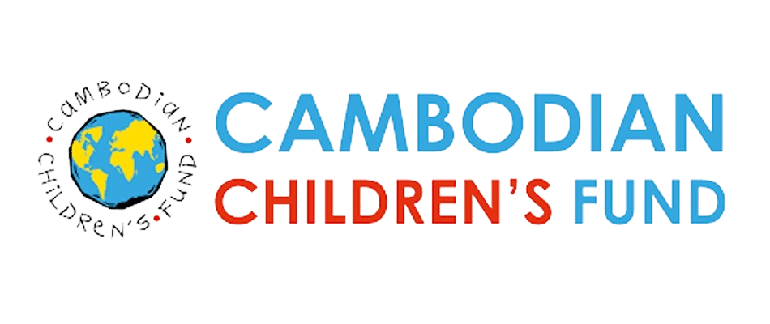The debate on the effectiveness of long interview processes has been around for years. Many large global organisations pride themselves on their lengthy and competitive interview processes to secure, what they believe to be – the best talent!
At Konnexus we work with a broad range of organisations who all have their own way of doing this. In our opinion long interview processes can have their advantages, but they can also be ineffective which affects both the employers and the candidate.
If we look into the long interview process in more detail, clear advantages and disadvantages exist, which we will highly below.
The advantages of a lengthy and comprehensive interview process:
- Long interview processes can ultimately provide a comprehensive evaluation of candidates. By including multiple rounds of interviews, assessments and evaluations, employers can gain deeper insights into candidates’ skills, experience and fit the role and company culture.
- Having long interview processes can increase the likelihood of hiring the right candidate for the job. By investing time and effort, employers can make hiring decisions and select candidates who are not only qualified but who are also aligned with the organisation’s values, goals, and culture.
- Through a long and detailed interview process organisations can help mitigate the risk of hiring mistakes and costly turnover. Through a long interview process and a step evaluation process employers can identify red flags or inconsistencies early on which can ensure more accurate predictions about a candidate’s potential success in a role.
- Through putting a candidate through a long interview process, it enables them more opportunity to engage with a broad range of employees. Through multiple interviews and interactions, they can see different teams’ members and build up a more detailed understanding of an organisations culture which can help them make informed decisions before accepting a role.
The disadvantages of long interview processes:
- Long interview processes can be extremely time-consuming for both the employers and candidates. Multiple interviews and assessments can go over weeks, even months, which is a significant investment of time and resources for all parties. This lengthy process can prolong the hiring timelines and delay onboarding processes.
- Long interview processes, particularly if the candidate is not fully aware of the process or if it is not streamlined or smooth can lead many candidates to become disengaged and frustrated. Candidates may lose interest or become discouraged if the process takes to longer, especially if they are actively exploring other opportunities. This can result in qualified and strong candidates dropping out of the process and accepting offers from competing organisations who have a more streamlined and shorten interview process.
- Long interview processes can put additional strain on internal recruitment teams, external recruiters and hiring managers. Coordinating multiple interviews, scheduling assessment, and collecting feedback from all the various stakeholders required efficient organisation and communication. Many organisations do not have big enough internal talent teams to support such lengthy and detailed interview processes.
- In today’s competitive market top talent is always in demand and are constantly being approached, and in many cases, have multiple job offers to choose from when they are looking for their next opportunity. Lengthy interview processes can increase the risk of losing top talent to other organisations as their interview processes are faster and more streamlined. Losing top candidates because of a long interview process, and then having to start again, can be extremely costly for an organisation.
- When looking for talent organisations need to consider many factors:
- Finding the right balance between a thorough evaluation and efficiency is critical to a successful interview process. Organisations should strive to design interview processes that are comprehensive yet streamlined, focusing on assessing candidates’ suitability for a role while minimising unnecessary delays
- In any interview process open and transparent communication is essential. Organisations should keep candidates informed about timelines, expectations, and next steps at each stage of the process. In return, candidates should communicate any concerns or potential other opportunities to ensure a smooth and positive experience.
- Being flexible is very valuable for any organisation during an interview process. Organisations should be open to adjusting interview processes based on the needs and preferences of candidates, while candidates should be flexible for interviews and participating in assessments.
- Like in any process, regular evaluation, and refinement to ensure effectiveness and efficient should be a matter of continuous improvement. Gaining feedback from candidates, hiring teams and external recruiters can provide valuable insights into areas of importance as well as opportunities to enhance the overall candidate experience.
Long interview processes can be an effective way to help organisations make informed hiring decisions and to select the right candidate for the job. However, they do come with challenges such as time, candidate disengagement and risk of losing top talent. By striking the right balance of flexibility, open communication and continuous improvement, organisations can leave candidates having a positive experience. Ultimately interviews are to identify and attract the top talent. Is yours!
The Konnexus Team






